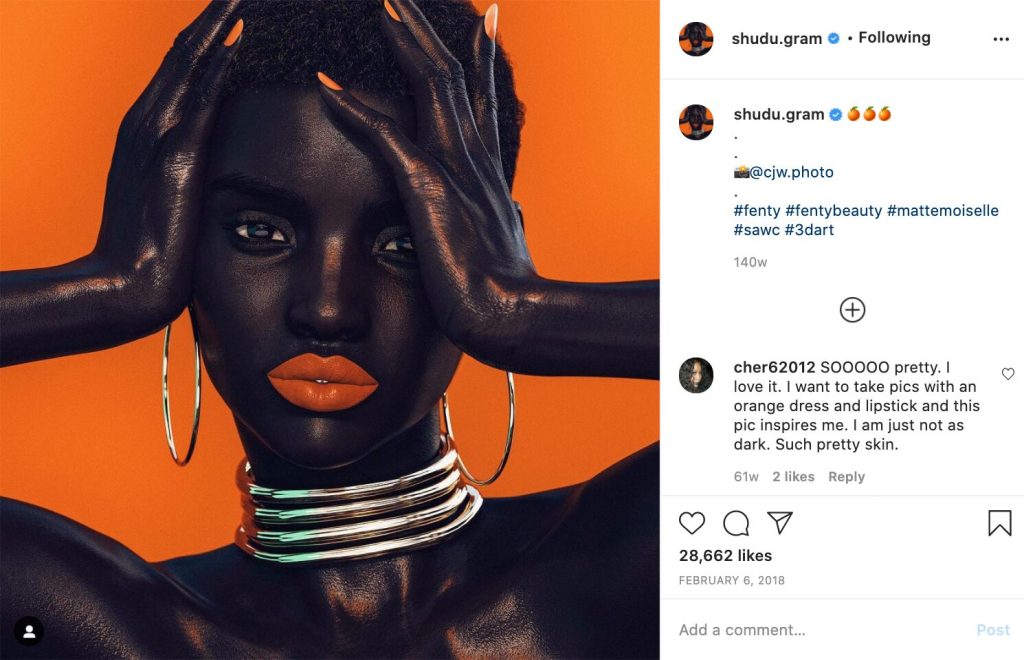Public relations or PR is all about shaping and managing how people see, feel and perceive your brand. A strong PR team works to cement a positive image while minimizing the effects of negative publicity.
💡 Read Digital PR Explained: Best Strategies and Tools
Knowing the trends can help you up your PR strategy and position your brand for success. As you create your PR plan for the coming year, take into account these predictions to ensure its effectiveness.
Let’s dive into our five predictions for PR in 2024.
AI to Transform PR
Artificial intelligence will play a key role in the PR industry in 2024. Simply put, AI includes machines that mimic human intelligence to perform tasks. AI tools improve over time based on the information they gather.
AI is intended to enhance human capabilities, not to replace them. This makes AI a valuable business asset to have going into 2024.
The potential of AI to improve content ranking through SEO optimization and enhanced audience personalization will boost PR efforts in 2024. It will also help in media tracking and calculating audience response more efficiently.
McKinsey predicts that AI will create up to $2.6 trillion in business value in sales and marketing alone. This means that AI for business is going to be very profitable, and so is AI for PR.
Read PR Statistics 2024: Trends and Challenges in PR
Below are some AI use cases we can expect to be part of the future of PR:
- Artificial intelligence will write for you – AI can write about practically anything, including press releases. AI can now write almost like humans due to Natural Language Processing (NLP). This may help reduce PR content creation costs while increasing scalability.
- Speech-to-text conversion – This can help for media interviews, podcast episodes, press conferences, and conference presentations.
- Text-to-speech conversion – AI will allow your target audience to interact with written press releases better by turning them into audio on demand.
- Translation into multiple languages – Audio and text files will be translated easily for broader distribution.
- Identification of relevant influencers – AI will search the net and bring you the influencers who are most relevant to your business. It will also help you monitor trends in your industry. We’ll talk more about influencers later in the article.
Read What Is PR: Understanding Public Relations
We have seen how chatbots have been instrumental in handling customer interactions in the last years. As natural language processing, machine learning, and AI advance, chatbots will likely become robust content partners worth implementing in 2024. They allow media organizations and other stakeholders to reach you easily, allowing you to distribute content quickly as well.
Video and Podcast Content to Flourish
With the rise in demand for video and audio content, it is no surprise that this is an integral part of the future of PR and still on the list of PR trends. Podcasts (both audio and video podcasts) are in high demand. The Infinite Dial reported a 17% increase in podcast listenership in 2021 compared to 2020. This is because they are easy to listen to while on the move.
Apart from leveraging traditional media, you can also leverage podcasts when in the midst of a PR crisis. Do this by either becoming a guest on the show or having the host read your press release to the audience.
Videos are effective for telling a highly visual story, too. From regular to luxury PR campaigns, high-quality videos present the perfect medium to showcase your newest products, services, and even brand events. Not only that, but videos will also help you relay your side of the story during a crisis.
Whether short or long, the fact remains that video marketing is here for the long haul. HubSpot reported that 54% of consumers wanted to see more video content from a business or brand they support.
Read How Social Listening Can Help Develop Your Video Marketing Strategy

Social Media for Online Reputation Management, Contacts-Building
Social media is the heavyweight champion in PR and will remain so in 2024. As it is, Trulist reported that PR professionals prefer LinkedIn, with 81% voting it is critical to their communication strategies. Around 77%, meanwhile, said they use Twitter for the same purpose.
Unlike traditional PR methods, social media enables two-way communication between brands and their customers, the media, and other stakeholders.
Brand image and reputation enhancement through social media are also likely to continue. Social media will continue to play a role in helping brands manage a PR crisis and neutralize negative publicity.
Read How to Use Media Monitoring to Boost Your Communication Strategy
But social media won’t just be used for sending out press releases and statements. In 2003, LinkedIn reported 600 million registered members. As of 2022, LinkedIn reported over 850 million members. There is an increasing trend in their membership. That number is likely to include media professionals and influencers. Those are key people PR professionals reach out to to get their message to the public across.
With more of those types of professionals on LinkedIn, more PR professionals are expected to leverage the platform for contacts-building, a critical component of PR. If you want to stay ahead of the competition, you need to hop on the bandwagon, too.
Data science is becoming a must-have for businesses to monitor feedback on the net, including social media. The goal is to analyze marketing data and generate actionable insights to improve products or services. With social media (and the Internet as a whole) expected to still play a critical role in PR, professionals will continue to leverage data science and monitor general sentiment about brand messages being sent out.
Use of Interactive Content
Interactive content is the future of PR, online content creation and marketing. This form of content allows users to engage with it by clicking, hovering, or answering questions. Examples of interactive content are polls, quizzes, and even shoppable or interactive videos. Interactive content is worlds apart from written content, which is static.
Interactive content is already transforming the PR landscape. In fact, some companies have already started experimenting with combining static content with interactive content.
In one such experiment performed by Blue Fountain Media, an infographic and press release on payment processing trends combo sent to media organizations yielded better results than the infographic sent alone. While the story was picked up by some media when the infographic alone was sent, it was only picked up by big media companies such as Reuters and Yahoo Finance when a press release was attached to it.
The results are not surprising since interactive news releases allow the reader to be in charge of the reading journey. Humans comprehend images faster than text, and reporters, in particular, don’t have much time to sift through a massive block of text to understand what you’re trying to say. That’s because they’re always trying to beat deadlines.
That setup is not about to change anytime soon. So, interactive content will continue to play a role in the future of PR. Interactive content will still help boost your brand reputation and authority and get your message across.
Influencer Marketing
USC Annenberg’s annual Global Communication Report states that 60% of PR leaders believe social media influencers will continue to play a key role in PR success in 2024.
Influencers with a relatively smaller following on social networks have a tight community and enjoy more trust from their followers. This makes them preferred by brands when announcing new PR campaigns or trying to manage a PR crisis. This works so long as you pick an influencer whose audience is relevant to your business.
CGI influencers are a thing. In fact, luxury brands have started buying into this trend. Shudu Gram, for instance, was the first CGI supermodel ever created. The photo below is from a collaboration between her and Fenty Beauty posted on Instagram.

Although CGI influencers are not as popular as human influencers in PR, this might change in the future. As the followers of these CGI influencers grow–Shudu.gram, for instance, has a whopping 225,000 followers on Instagram and counting—brands may leverage them for their brand reputation–to announce a new PR event or to manage their reputation in a PR crisis, for instance.
It will be exciting to see how influencer marketing fits in the future of PR. What’s clear, however, is that it’ll play a significant role.
In Closing
The PR landscape is constantly evolving as people’s preferences are fluid and technologies evolve. You learned five PR predictions going into 2024 from this article.
AI will transform public relations, making it easier to draft press releases. Chatbots will continue to improve the user experience and enable faster distribution of brand messages to the public.
We will see more video and podcast content being used for PR by businesses in 2024. Podcasts are easy to listen to while on the go, and videos help you package a lot of engaging information in a few minutes for your audience.
Social media, interactive content, and influencer marketing will carry the day as brands utilize every angle to establish a personal connection with customers and ensure a good brand reputation.
Take these trends into account when creating your PR strategy for 2024. If you leverage them, your brand reputation will remain in top shape.
By Chris Norton, Founder of Luxury PR Specialist Prohibition, former University lecturer, author of “Share This Too” and listed in the UK’s top 10 PR and social media bloggers for his personal blog on social media training.